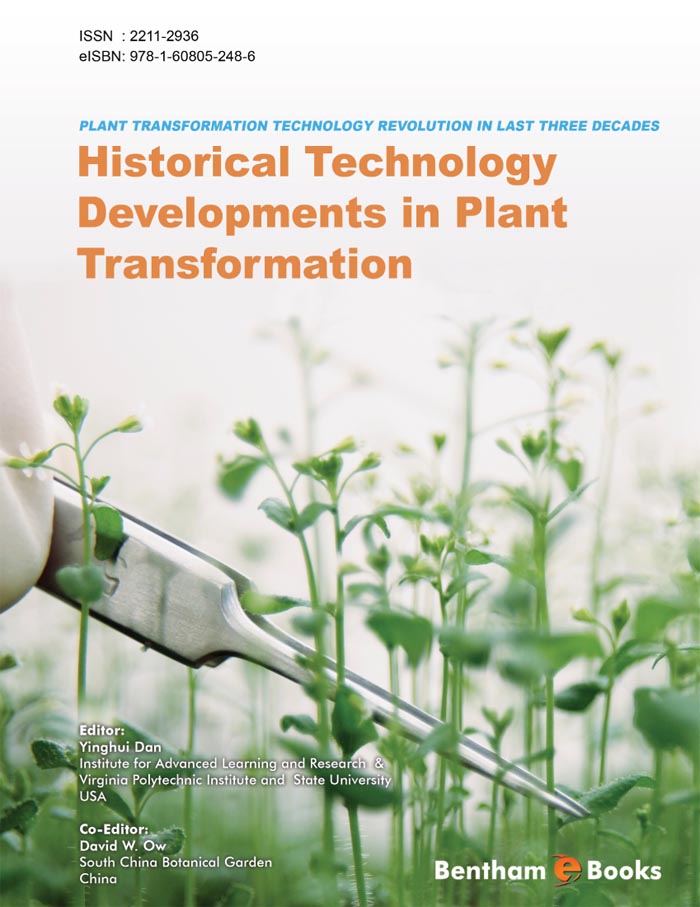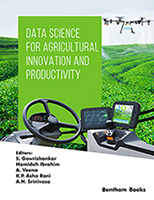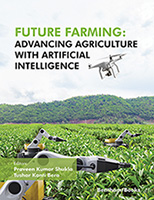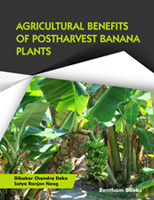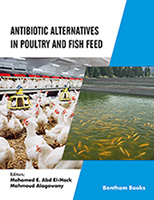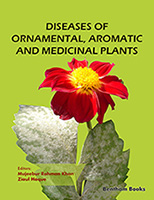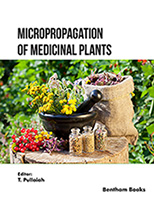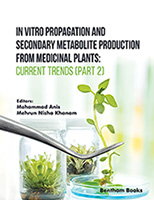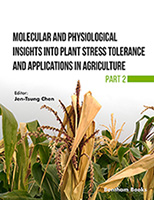Foreword
Plant genetic transformation has undergone numerous advances as new generations of transgenic organisms have evolved. The first generation of transgenic plants initiated in 1983 by near-simultaneous reports from three groups. For this first generation, merely recovering phenotypically normal plants constitutively expressing a selection marker gene and inheriting this marker in progeny represented a major technological breakthrough. As transformation and tissue culture methods progressed, numerous plant species were added to a growing list of transgenic organisms. These included crop species important for agriculture and model organisms such as Arabidopsis, allowing facile manipulation of genes for basic research. No longer was constitutive transgene expression sufficient for research and biotechnology purposes; regulated transgene expression became essential for this second generation of transgenic plants. As sophistication in transgene expression increased, scientists entered a new era of plant genetic transformation. Both scientific and regulatory needs directed development of the third generation of transgenic plants. These new requirements included single-copy transgene integration, mitigating problems with transgene silencing. Regulatory concerns necessitated the absence of vector “backbone” sequences from the host genome, and the ability to excise selection markers. This generation of transgenic plants began to address issues related to the quality of transgenic events, rather than just the ability to produce transgenic organisms.
Although much progress has been made in the past 30 years, a number of scientific and regulatory hurdles remain. These include genotype-independent transformation of major crop and horticultural species, stable and predictable transgene expression, and transformation frequencies high enough that selection-free transformation becomes feasible. This next generation of transgenic technologies and organisms is currently being developed in academic and industrial laboratories.
“Plant Transformation Technology Revolution In Last Three Decades” presents up-to-date discussions of the history of plant genetic transformation, the evolution of transgenic technologies, and their applications to specific crop species. The first volume of this e-book, entitled “Historical Technology Developments In Plant Transformation”, covers subjects including the historical origins of plant biotechnology, DNA delivery systems, tissue culture, and selection marker advances. Progress in addressing regulatory concerns is covered in chapters describing selection marker excision and the development of transgenic chloroplast expression systems.
The second volume of this series, tentatively entitled “Major Transformation Technologies in Economically and Theoretically Important Plant Species”, will discuss transformation of individual species representing plants important for food, ornamental, oil, fiber, and biofuel production.
“Plant Transformation Technology Revolution In Last Three Decades” provides to readers important developments in transgenic crop research. With chapters written by practicing experts in each field, this e-book promises to explore important aspects of plant agricultural biotechnology.
Stanton B. Gelvin
H. Edwin Umbarger Distinguished Professor of Biological Sciences
Purdue University, West Lafayette IN USA

